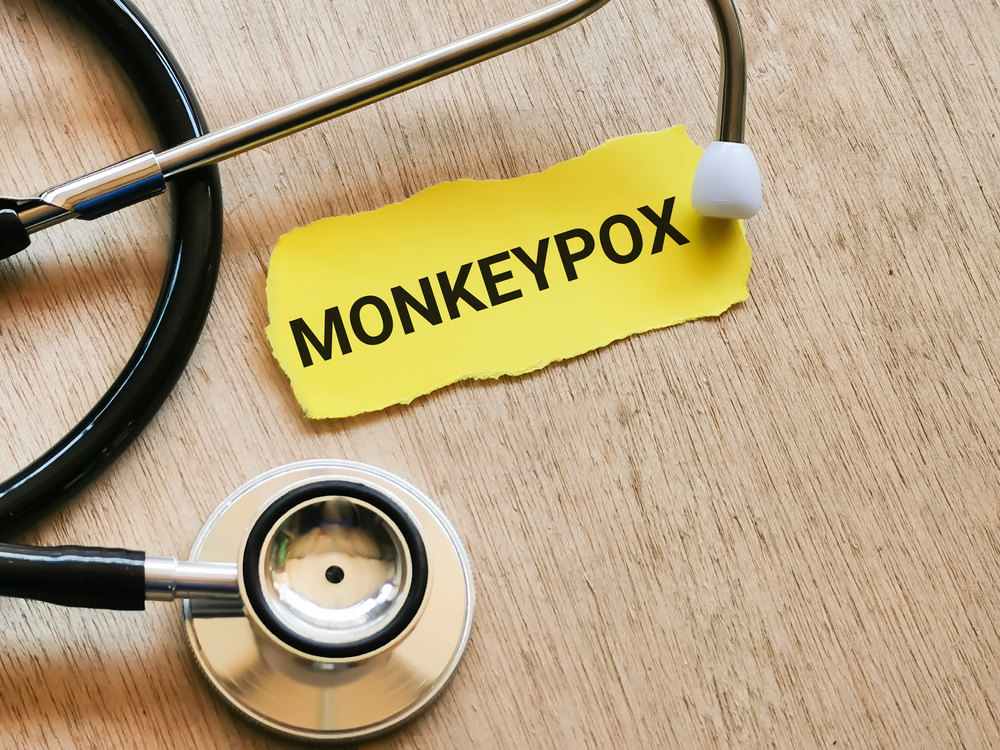Monkeypox is a rare condition caused by the monkeypox virus that can transpire in specific animals and humans. The symptoms of this condition usually start with headache, fever, swollen lymph nodes, and muscle pains. This is accompanied by a rash that forms crusts or blisters.
Additionally, the onset of the monkeypox symptom starts ten days from the time of exposure. The length of symptoms is generally two to five weeks.
Monkeypox might be spread out from an animal scratch or bite, infected objects, close contact with an infected individual, or touching bushmeat.
The diagnosis could be confirmed by examining a lesion for a DNA virus. Besides, this condition seems similar to chickenpox.
Currently, monkeypox has no cure. However, some medications and vaccines can help manage the condition, including the smallpox vaccine.


